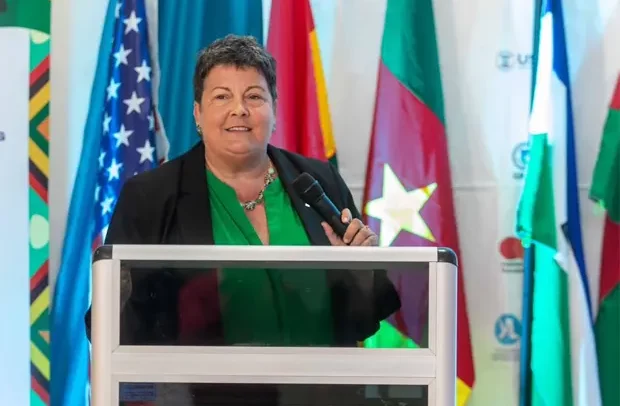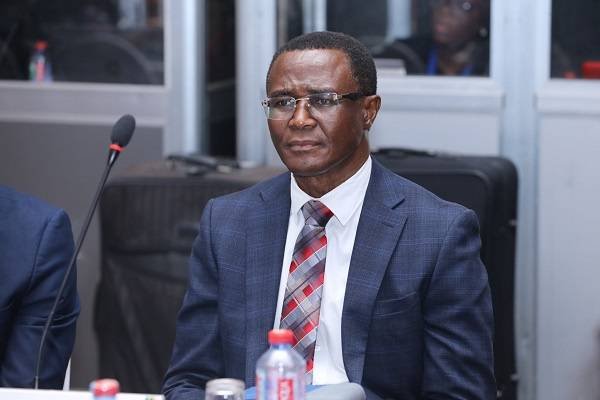
By Joshua Worlasi AMLANU
Government plans to restart crude oil refining operations at the Tema Oil Refinery (TOR) by end of this year, as part of efforts to cut the nation’s annual US$10.2billion oil import bill and conserve foreign exchange while stabilising local fuel prices.
The refinery has targetted meeting about 60 percent of local crude oil consumption, which could save the nation an estimated US$400million per month in import costs.
Speaking on behalf of Chief of Staff Julius Debrah, Deputy Presidential Spokesperson Shamima Muslim said the move forms part of President John Mahama’s ‘Resetting Ghana Agenda’ which seeks to rebuild the economy through reforms and strategic partnerships.
“The refinery is set to resume crude oil refining by close of this year,” Ms. Muslim said at the Africa Best Business Awards. “The move is expected to cut the nation’s US$10.2billion annual oil import bill, stabilise oil prices and conserve foreign exchange.”
She said the refinery’s revival follows a comprehensive assessment and restructuring process that reached a 98 percent completion milestone. Under the new model, TOR will operate under a tolling arrangement in partnership with Sentuo Oil Refinery Limited, designed to ensure operational efficiency and financial sustainability.
According to her, government’s strategy includes upgrading TOR’s distillation units, pipelines and storage infrastructure to restore its refining capacity. The plan is also expected to enhance energy security and reduce dependence on imported petroleum products, which have been a major pressure point on the cedi and fiscal balance.
The refinery’s revival is part of a broader set of policy interventions aimed at strengthening the nation’s macroeconomic stability. Inflation has declined to 8% while the cedi has gained stability, supported by stronger gold export inflows through the newly established Ghana Gold Board which has generated over US$8billion in foreign exchange earnings.
The Deputy Presidential Spokesperson said the administration’s fiscal and monetary reforms have “restored investor confidence and rebuilt discipline in managing the economy”.
She also cited government’s 24-hour economy initiative and revitalisation of the Ghana Free Zones Authority as key growth drivers. The 24-hour economy, backed by a US$4billion investment plan and US$400million seed fund, aims to create two million jobs, boost industrial output and support continuous production in ports and manufacturing zones.
In the energy sector, partnerships with private investors have resulted in the commissioning of a 5MW floating solar photovoltaic plant at Bui, the first of its kind in West Africa, with an additional 25MW expected next year.
Ms. Muslim urged the private sector to leverage the enabling environment being created under the Resetting Ghana Agenda.
“Government is providing the soil,” she said. “We require businesses to sow with us, to water with us and to harvest with us.”
She added that reviving TOR and investing in renewable energy demonstrate government’s twin goals of achieving energy security and sustainable development while positioning Ghana as an industrial and export hub within the sub-region.
The post TOR revival to slash US$10bn oil import bill appeared first on The Business & Financial Times.
Read Full Story



















Facebook
Twitter
Pinterest
Instagram
Google+
YouTube
LinkedIn
RSS